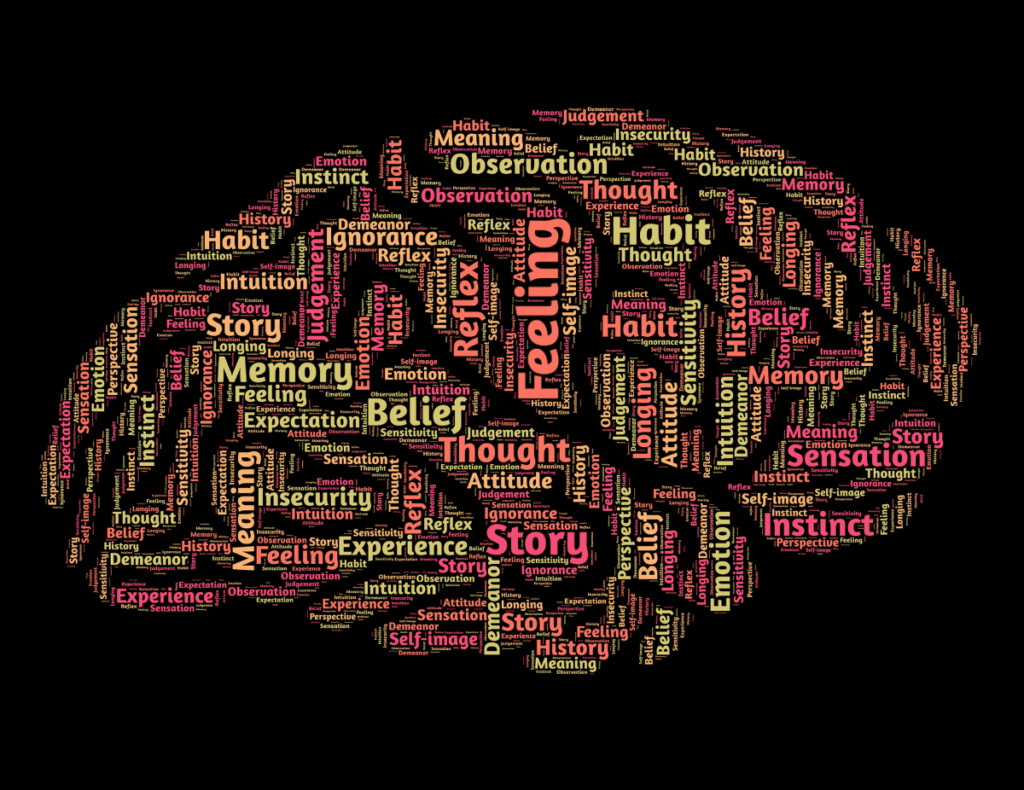What is Optimism Bias and how does it affect people when they have to make decisions about their finances?
Optimism Bias is the belief that the future will be better than the past or present. And most of us display this bias. Neuroscientist Professor Tali Sharot of University College London is known for her research in this fascinating area.
So why do our brains make most of us overestimate the chance of positive outcomes?
In her book ‘The Optimism Bias: A Tour of the Irrationally Positive Brain’, Tali Sharot reviews findings from neuroscience and social science research and concludes that our brains aren’t just permanently stamped by our past experiences, they are also constantly being shaped by the present and perceptions of the future.
Our natural optimism shapes what we remember (and what our brains choose to misremember too!). Understanding this type of bias is particularly useful when working with clients in supporting them to make the right financial decisions. We are all, of course, different in how we behave. However, if clients can learn to spot their key biases, this helps us to provide the right decision path for them.
Maybe you have clients that don’t find it easy to make decisions about their finances without being heavily influenced by their past experiences or their default outlook on life.


